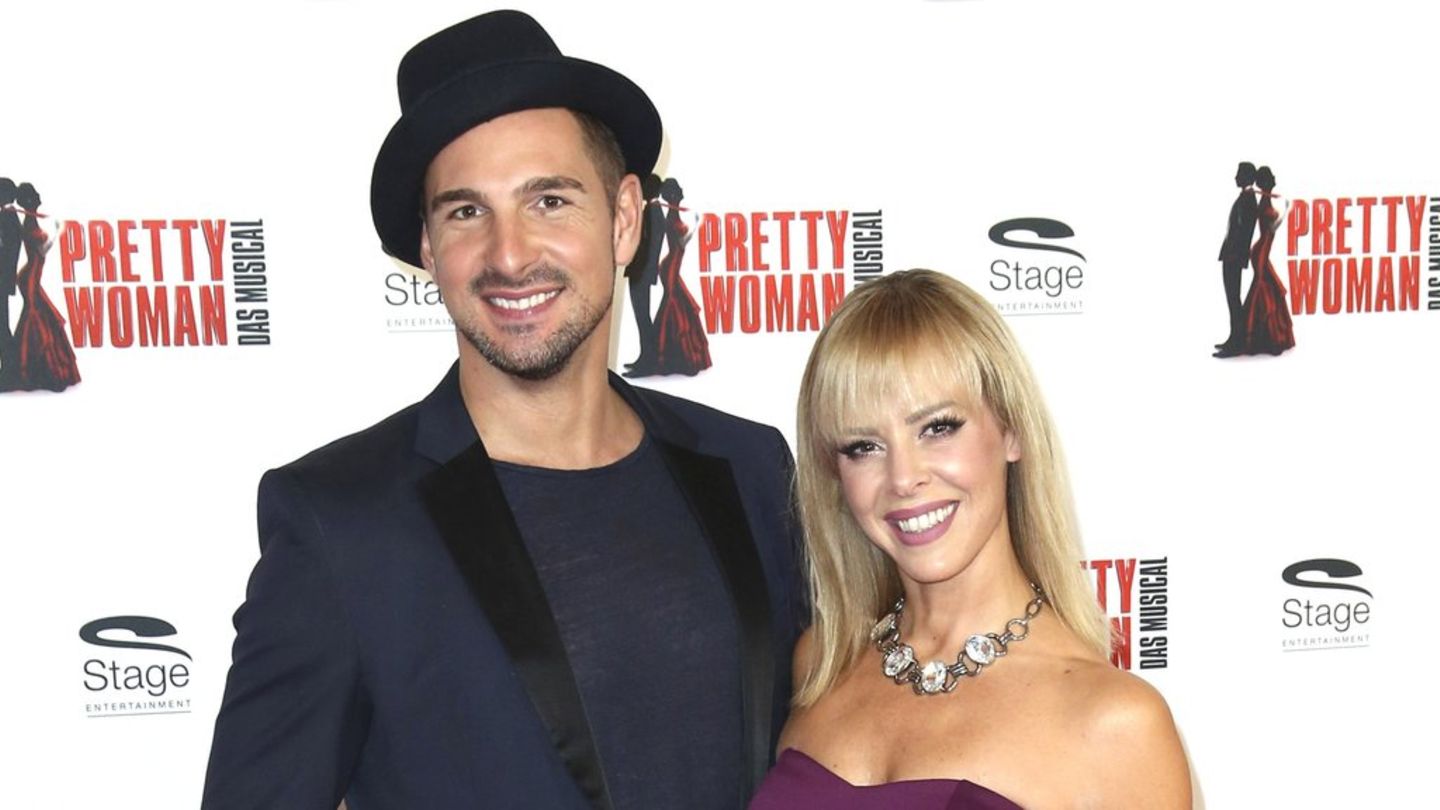Universal tried to dismiss the lawsuit, claiming that the trailers are an “expressive and artistic work” that tells a three-minute story that conveys the theme of the film, and should therefore be considered “non-commercial” speech.
But the judge rejected that argument, finding that a trailer is indeed commercial speech and is subject to California’s False Advertising Law and the state’s Unfair Competition Law.
“Universal is correct that trailers do involve some creativity and editorial discretion, but this creativity does not outweigh the commercial nature of a trailer,” Wilson said. “In essence, a trailer is an advertisement designed to sell a movie by providing consumers with a preview of it.”
Universal’s lawyers argued that trailers for the films have long included clips that do not appear in the final film. They cited “Jurassic Park” (also from Universal), whose trailer was made up entirely of sequences that did not appear in the film.
Universal also argued that classifying the trailers as “commercial speech” could open the door to a parade of demands from viewers dissatisfied with the film.
Source: Ambito
I am an author and journalist who has worked in the entertainment industry for over a decade. I currently work as a news editor at a major news website, and my focus is on covering the latest trends in entertainment. I also write occasional pieces for other outlets, and have authored two books about the entertainment industry.




